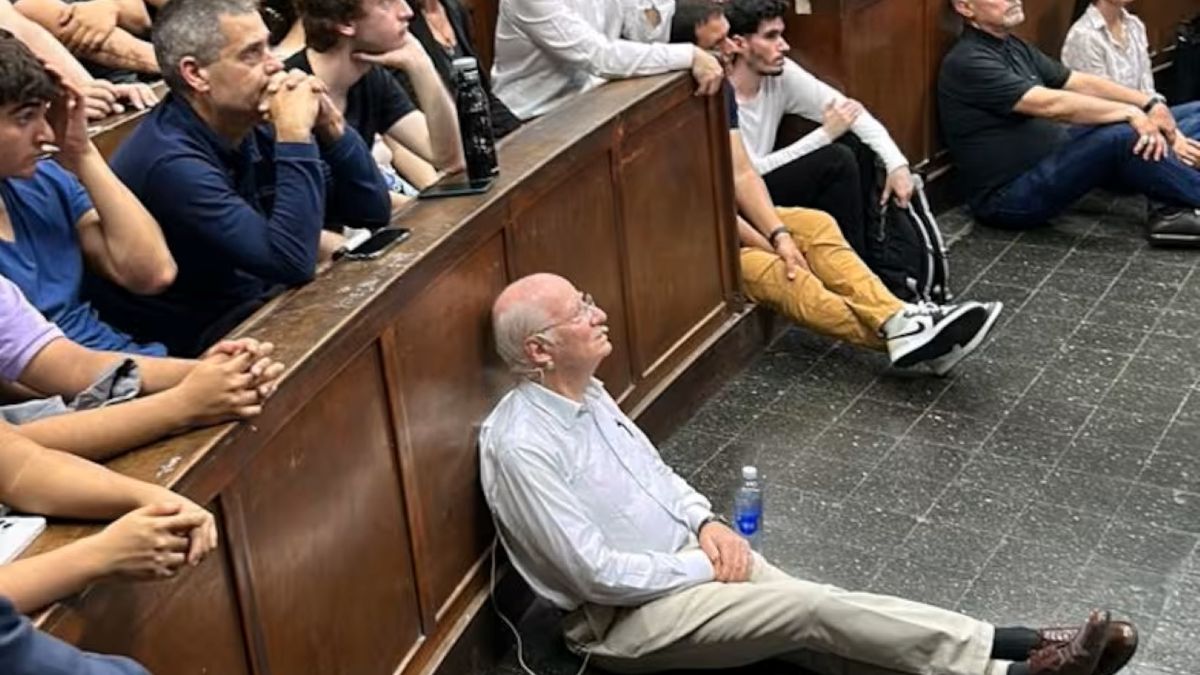The senator of broad front (FA), Enrique Rubioproposed to include in the Accountability to the bill promoted by his party that seeks to prevent people who are in the Clearing of Reports are limited in their access to public services because of it.
Rubio believes that with this, the initiative that had already been presented in April will finally be considered and approved in the Parliament. On that occasion, the Popular Participation Movement (MPP) presented the project seeking that these indebted people do not see their access to services compromised, nor to state rental guarantees.
The Frente Amplio legislator maintained that “this database has the right to exist, because it is of a private nature,” but it cannot therefore “determine the behavior of the State.”
Regarding its eventual approval, Rubio commented that there is “a very important possibility” of this happening, since it is a difficulty suffered by thousands of Uruguayan citizens.
What does the project presented by the Broad Front say?
The bill states: “The public organisms that provide basic services such as water, electricity, telephony and connectivityaccess to housing solutions either rental guaranteemay not limit access to them due to the fact that the person requesting the service is included in a database related to commercial, credit or register of delinquent debtors“.
In this sense, the text states that “the default history of a person, as well as the refinancing of debts or not, will not hinder the access or contracting of said public services”.
In addition, it provides that those public bodies that provide this type of service may not “inform any database or registry of delinquent debtors of delays in the payment of basic services.”
The measures will also cover home rentals. According to the file, appearing in the Clearing “will not be considered as an obstacle or impediment to contracting by real estate agents registered in the Real Estate Registry of the Rental Guarantee Service of the General Accounting Office of the Nation, of the Ministry of Economy and Finance “.
The situation of those who appear in the Clearing
According to the file presented by the Frente Amplio bench, some 900,000 Uruguayans appear in the Clearing and more of 600,000 appear under the “default” category for having exceeded 180 days in arrears.
The text explains that “the indebtedness individuals and particularly the most vulnerable people creates real difficulties in accessing basic services, even when these services are offered by the State”.
Consequently, “many times this difficulty is caused by the processing of personal data that are included in credit databases, delinquent registers or similar”, clarifies the bill.
In addition, from the FA they clarified in the document that “this type of database or registration system for defaulters is used by public companies that report to those registries the arrears of their users”.
To exemplify, they also mentioned the Rental Guarantee Fund of the National Housing Directorate of the Ministry of Housing and Territorial Planning, which considers it for access to the benefit of the guarantee.
Source: Ambito




